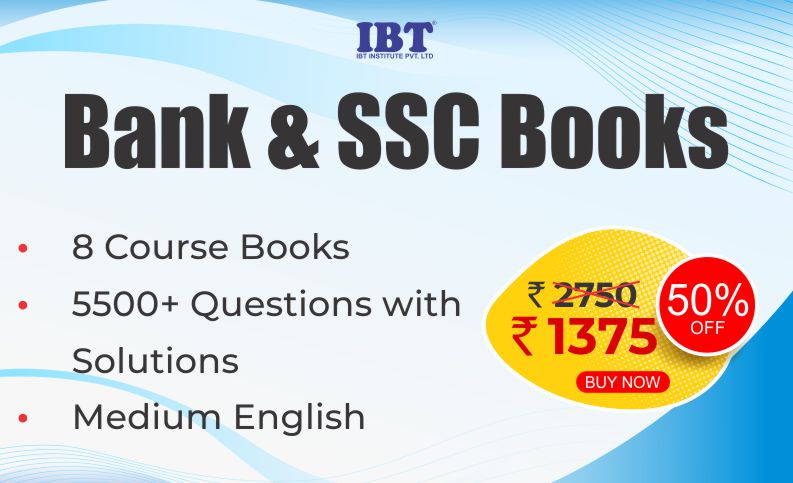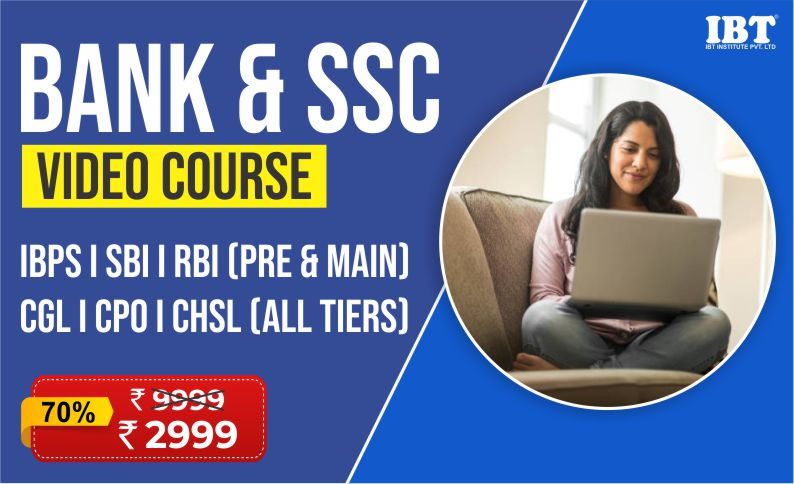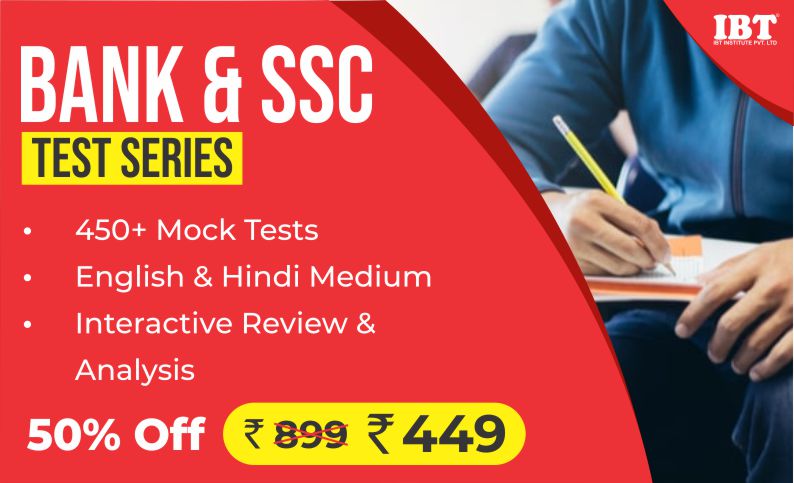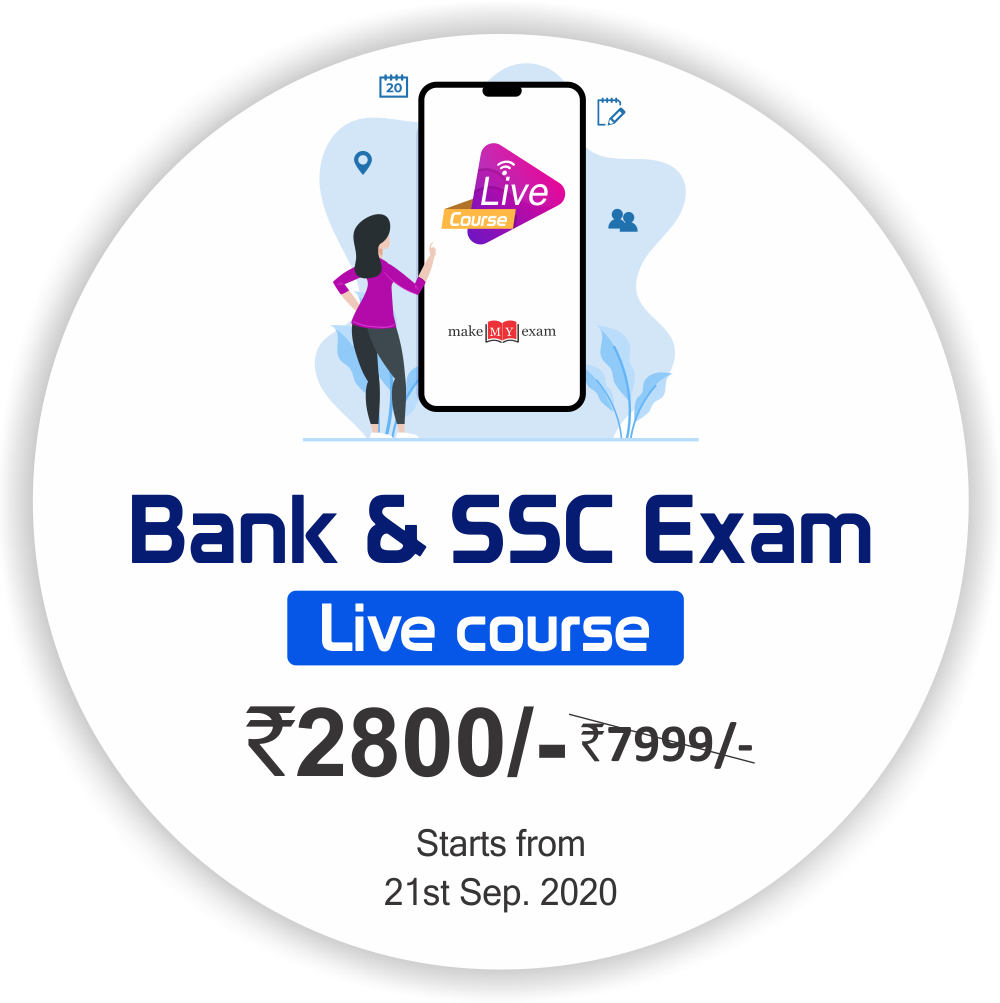IBPS PO 2025-26: Exam Pattern & Syllabus
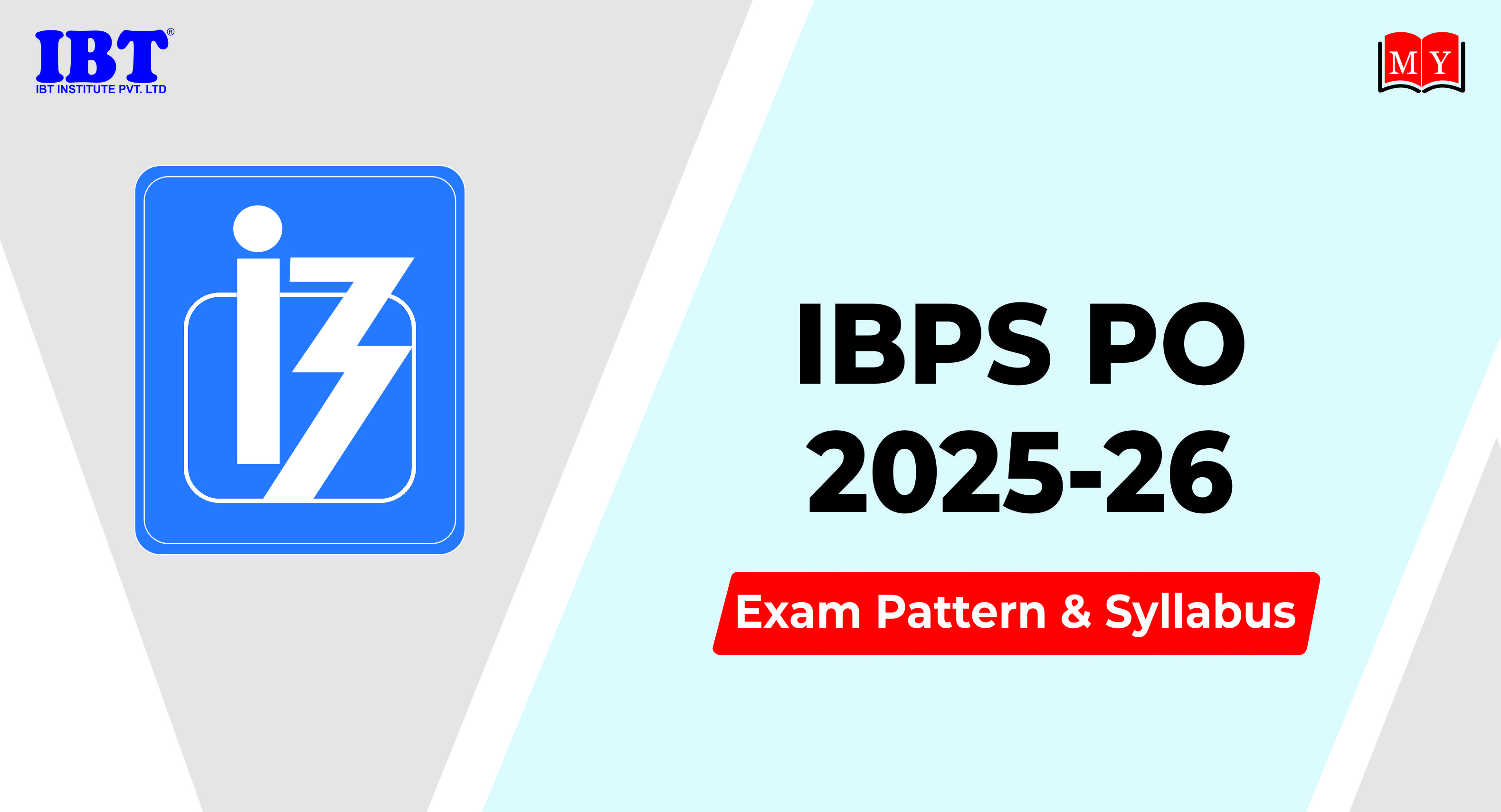
IBPS PO 2025-26: Exam Pattern & Syllabus
The Institute of Banking Personnel Selection (IBPS) conducts the IBPS PO Exam every year to recruit Probationary Officers (POs) in various public sector banks. The exam is conducted in three stages:
- Preliminary Exam
- Main Exam
- Interview
IBPS PO Preliminary Exam Pattern
|
Section
|
No. of Questions
|
Marks
|
Duration
|
|---|---|---|---|
|
English Language
|
30
|
30
|
20 mins
|
|
Quantitative Aptitude
|
35
|
35
|
20 mins
|
|
Reasoning Ability
|
35
|
35
|
20 mins
|
|
Total
|
100
|
100
|
60 mins
|
-
Nature: Objective (MCQs)
-
Negative Marking: 0.25 marks deducted for each wrong answer.
-
Qualifying: Marks are not added in the final merit; used only for screening.
IBPS PO Mains Exam Pattern
|
Section
|
No. of Questions
|
Marks
|
Duration
|
|---|---|---|---|
|
Reasoning & Computer Aptitude
|
45
|
60
|
60 mins
|
|
General/Economy/Banking Awareness
|
40
|
40
|
35 mins
|
|
English Language
|
35
|
40
|
40 mins
|
|
Data Analysis & Interpretation
|
35
|
60
|
45 mins
|
|
Descriptive Test (English)
|
2 (Essay + Letter)
|
25
|
30 mins
|
|
Total
|
157
|
225
|
3 hours 30 mins
|
-
Descriptive Paper: Conducted online, tests writing skills.
-
Negative Marking: Applicable for objective sections.
-
Final Selection: Based on Mains + Interview (80:20 ratio).
IBPS PO Interview
|
Component
|
Marks
|
|---|---|
|
Personal Interview
|
100
|
-
Minimum qualifying marks: 40% (35% for SC/ST/OBC/PwD)
-
Conducted by participating banks with IBPS coordination.
-
Final Merit = 80% of Mains + 20% of Interview
IBPS PO 2025-26 Syllabus
1. English Language (Prelims & Mains)
|
Topics
|
Description
|
|---|---|
|
Reading Comprehension
|
Passages with questions on inference, tone, vocabulary etc.
|
|
Cloze Test
|
Fill in the blanks in a passage with appropriate words.
|
|
Error Spotting
|
Identify grammatical or usage errors in sentences.
|
|
Sentence Improvement
|
Improve the underlined part of a sentence.
|
|
Para Jumbles
|
Rearranging jumbled sentences into a coherent paragraph.
|
|
Fill in the Blanks
|
Choose appropriate words to complete sentences.
|
|
Vocabulary (Synonyms/Antonyms)
|
Basic vocabulary-based questions.
|
|
Descriptive Writing (Mains)
|
Essay and Letter Writing – evaluated for coherence & grammar.
|
2. Quantitative Aptitude / Data Interpretation
|
Topics
|
Description
|
|---|---|
|
Simplification & Approximation
|
Solve basic arithmetic expressions.
|
|
Number Series
|
Identify the pattern and find the missing number.
|
|
Quadratic Equations
|
Solve equations and compare values.
|
|
Arithmetic Word Problems
|
Time & Work, Profit-Loss, SI-CI, TSD, Ratio, Mensuration etc.
|
|
Data Interpretation (DI)
|
Graphs, Charts, Tables, Caselets – data-based calculations.
|
|
Data Sufficiency
|
Determine if the provided data is sufficient to answer a question.
|
3. Reasoning Ability & Computer Aptitude
|
Topics
|
Description
|
|---|---|
|
Puzzles & Seating Arrangement
|
Linear/Circular/Box puzzles – high weightage.
|
|
Coding-Decoding
|
Traditional and new pattern coding techniques.
|
|
Syllogism
|
Venn diagram-based logic questions.
|
|
Inequality
|
Mathematical comparison of quantities.
|
|
Blood Relations
|
Determine family relationships from clues.
|
|
Direction Sense
|
Based on directions and distance.
|
|
Input-Output
|
Logical arrangement of words/numbers.
|
|
Basic Computer Aptitude
|
MS Office, Internet, Networking, Shortcuts, Memory, etc.
|
4. General/Economy/Banking Awareness (Mains)
|
Topics
|
Description
|
|---|---|
|
Current Affairs (last 6 months)
|
National, international, sports, awards, appointments.
|
|
Banking & Financial Awareness
|
RBI, SEBI, banking terms, financial reforms, monetary policy.
|
|
Government Schemes & Policies
|
Central schemes, budget, committees, and new initiatives.
|
|
Static GK
|
Capitals, currencies, books-authors, days, headquarters etc.
|
|
Economic Awareness
|
GDP, inflation, fiscal deficit, economic surveys.
|
5. English Descriptive Test (Mains)
|
Topics
|
Description
|
|---|---|
|
Essay Writing
|
Based on current affairs, social or economic issues.
|
|
Letter Writing
|
Formal/informal letters – complaints, suggestions, official communication.
|
-
Prelims is qualifying only.
-
Mains + Interview forms the final merit list (80:20 ratio).
-
The syllabus mostly remains unchanged from previous years, but keeping up with current affairs is crucial for success in the Awareness and Descriptive sections.
2 likes |
0 comment
 4.5/5
4.5/5




